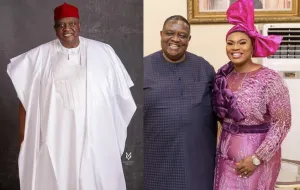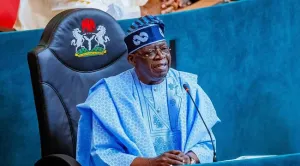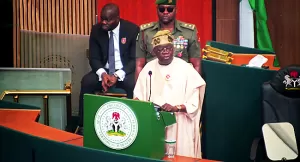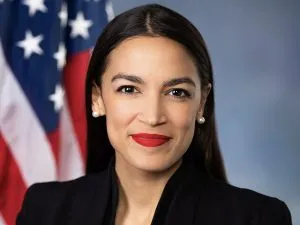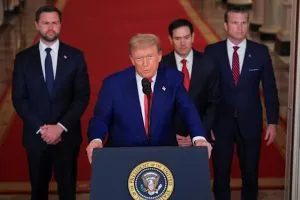President Tinubu Marks Two Years as ECOWAS Chairman: A Tenure of Milestones and Challenges
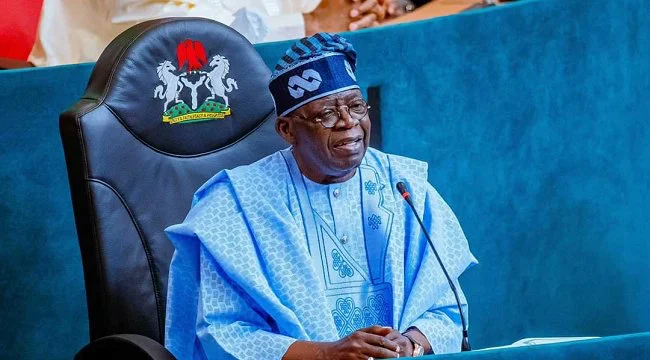
On July 9, 2025, President Bola Ahmed Tinubu concluded his two-year tenure as Chairman of the Economic Community of West African States (ECOWAS), a period defined by significant achievements in regional integration and security, alongside notable setbacks that tested the bloc’s cohesion. Elected on July 9, 2023, during the 63rd Ordinary Session in Guinea-Bissau, and re-elected for a second term on July 7, 2024, in Abuja, Tinubu’s leadership navigated complex regional dynamics, leaving a mixed legacy as he handed over the chairmanship at the 67th Ordinary Session in Abuja in July 2025.
Achievements Under Tinubu’s Leadership
Tinubu’s chairmanship prioritized security, governance, and economic integration, with several milestones underscoring Nigeria’s influential role in West Africa.
- Strengthening Regional Security
Tinubu spearheaded the activation of the ECOWAS Standby Force to counter terrorism, a pressing threat in the Sahel and Lake Chad Basin. This initiative was backed by a $4 million humanitarian aid package to support conflict-affected communities. His administration’s focus on security was lauded for enhancing the bloc’s capacity to address insurgencies, particularly in northern Nigeria and neighboring states. Posts on X highlighted Nigeria’s leadership in hosting dialogues to operationalize this force, reflecting regional appreciation for Tinubu’s proactive stance. - Promoting Democratic Governance
ECOWAS, under Tinubu, played a pivotal role in upholding democratic principles. The bloc successfully monitored peaceful elections in Senegal and Togo, ensuring transparent processes. In Sierra Leone, Tinubu’s diplomatic efforts facilitated signed agreements that fostered national unity following political tensions. Additionally, he initiated a review of the 2001 Supplementary Protocol on Democracy and Good Governance to align it with contemporary challenges, a move seen as forward-thinking by regional analysts. - Advancing Institutional Reforms
A historic milestone was the election of the ECOWAS Parliament’s first female president, a testament to Tinubu’s commitment to gender inclusivity in regional governance. Institutional reforms also included streamlining ECOWAS operations to enhance efficiency, with Nigeria hosting key summits to drive these changes. The 67th Ordinary Session in Abuja showcased these efforts, with discussions on economic transformation dominating the agenda. - Boosting Economic Integration
Tinubu’s tenure saw progress in trade and infrastructure initiatives. The SIGMAT (Simplified Interconnected Goods Management and Transit) initiative advanced cross-border trade, while the regional pipeline project aimed to enhance energy cooperation. The West African Economic Summit, hosted by Nigeria in 2025, was a first-of-its-kind event that brought together leaders to discuss trade protocols and economic resilience, earning praise on platforms like X for elevating ECOWAS’s global profile. - Diplomatic Engagement
Tinubu’s advocacy for lifting economic sanctions on Niger, Mali, Burkina Faso, and Guinea sparked debate but reflected his preference for dialogue over punitive measures. His diplomatic outreach aimed to reintegrate these states into ECOWAS, though the outcomes were mixed. His global engagements, including representing ECOWAS at international forums, reinforced the bloc’s voice on issues like climate change and economic development.
Challenges and Criticisms
Despite these achievements, Tinubu’s tenure faced significant hurdles, most notably the withdrawal of Mali, Burkina Faso, and Niger from ECOWAS, approved during the final summit of his chairmanship. This unprecedented exit, driven by military coups and dissatisfaction with ECOWAS’s sanctions and perceived ineffectiveness, marked a low point for regional unity. The departure of these Sahel nations weakened the bloc’s geopolitical influence and raised questions about its ability to manage internal dissent.
Tinubu’s decision to seek a second term as chairman also drew criticism. Historically, ECOWAS chairmanship rotates annually to ensure equitable leadership among member states. Nigeria’s extension of its tenure, backed by Tinubu’s argument for continuity amid regional crises, was seen by some as reinforcing Nigeria’s dominance within the bloc. This perception strained relations with smaller member states, as noted in regional media analyses.
Furthermore, while Tinubu’s push for sanctions relief aimed to foster dialogue, critics argued it undermined ECOWAS’s credibility in enforcing democratic norms. The failure to reintegrate the departing states highlighted the limits of his diplomatic approach. Social media sentiments on X were polarized, with some praising Tinubu’s leadership as bold and others decrying ECOWAS’s fragmentation under his watch.
Legacy and the Road Ahead
As Tinubu concluded his chairmanship, the 67th Ordinary Session in Abuja served as a platform to reflect on his tenure. The summit emphasized economic transformation, with leaders discussing strategies to deepen integration and address youth unemployment, a persistent regional challenge. Tinubu’s closing remarks underscored the need for collective action to sustain ECOWAS’s vision of a prosperous and stable West Africa.
His tenure leaves ECOWAS at a crossroads. The institutional reforms, security initiatives, and economic progress provide a foundation for future growth, but the exit of three member states demands urgent introspection. The next chairman will inherit the task of rebuilding trust and re-engaging disaffected nations while advancing Tinubu’s unfinished agenda.
For a comprehensive understanding, readers are encouraged to consult primary sources such as official ECOWAS communiqués on ecowas.int or Nigerian government releases on statehouse.gov.ng. Media and social media, including X posts, offer valuable perspectives but may carry biases that skew narratives. Tinubu’s two years as ECOWAS chairman reflect both the potential and the fragility of regional cooperation in West Africa, a duality that will shape the bloc’s trajectory in the years to come.
